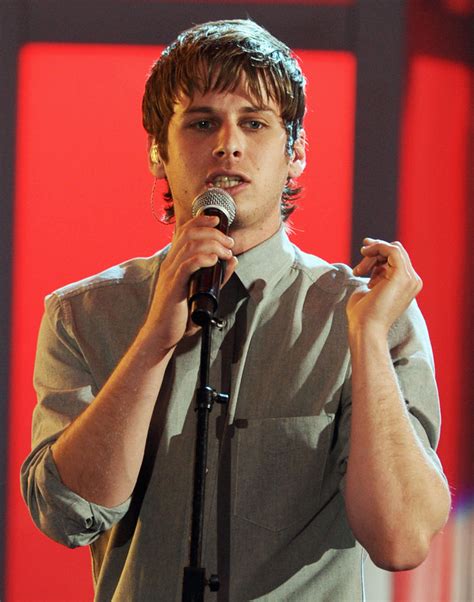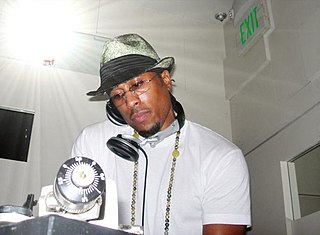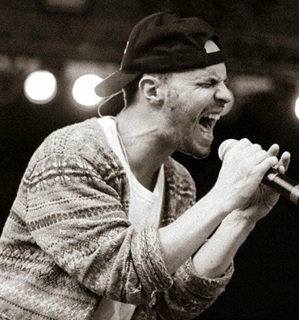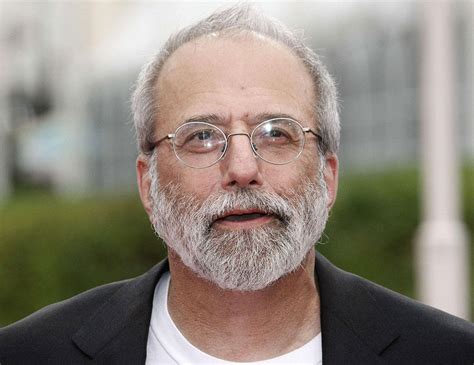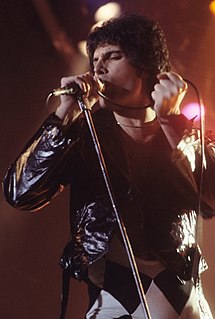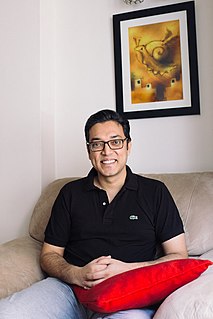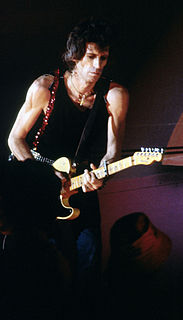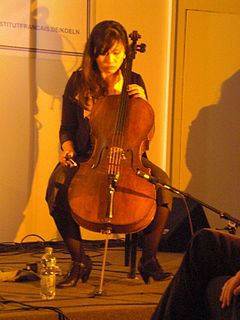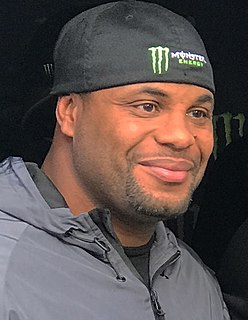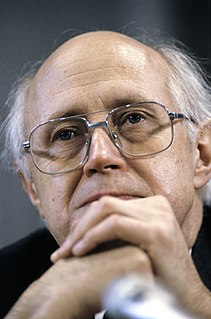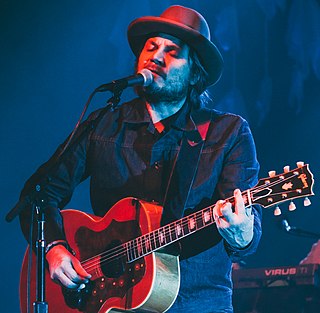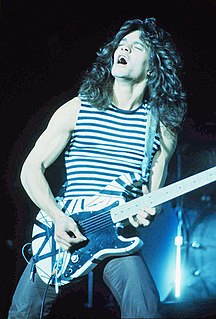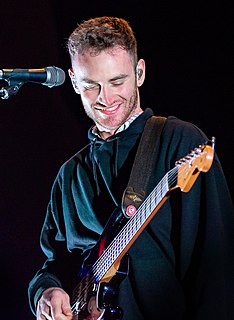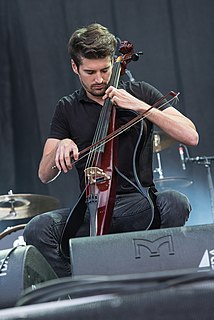A Quote by Bonnie Raitt
I don't want to discredit people's opinions of me, but you talk about the violin or the cello or lead guitar where you have to learn tons of chords, that's much more difficult.
Related Quotes
What interested me about Chuck Berry was the way he could step out of the rhythm part with such ease, throwing in a nice, simple riff, and then drop straight into the feel of it again. We used to play a lot more rhythm stuff. We'd do away with the differences between lead and rhythm guitar. You can't go into a shop and ask for a "lead guitar". You're a guitar player, and you play a guitar.
I think I always thought of the guitar as the vehicle to be able to make some musical idea up. The only appeal to learning more chords was having more chords to put into songs. I never got too wrapped up in becoming technically good. So writing songs happened pretty simultaneously with learning how to play the guitar.
Most beginners want to learn lead because they think it's cool .. consequently, they never really develop good rhythm skills .. since most of a rock guitarists time is spent playing rhythm, it's important to learn to do it well .. learning lead should come after you can play solid backup and have the sound of the chords in your head

